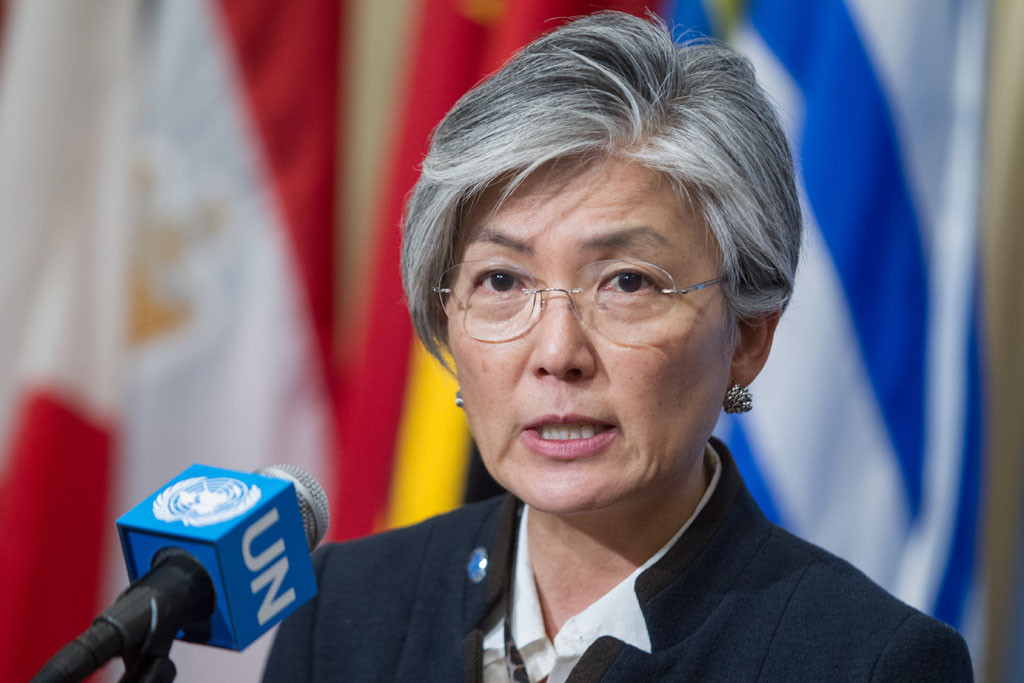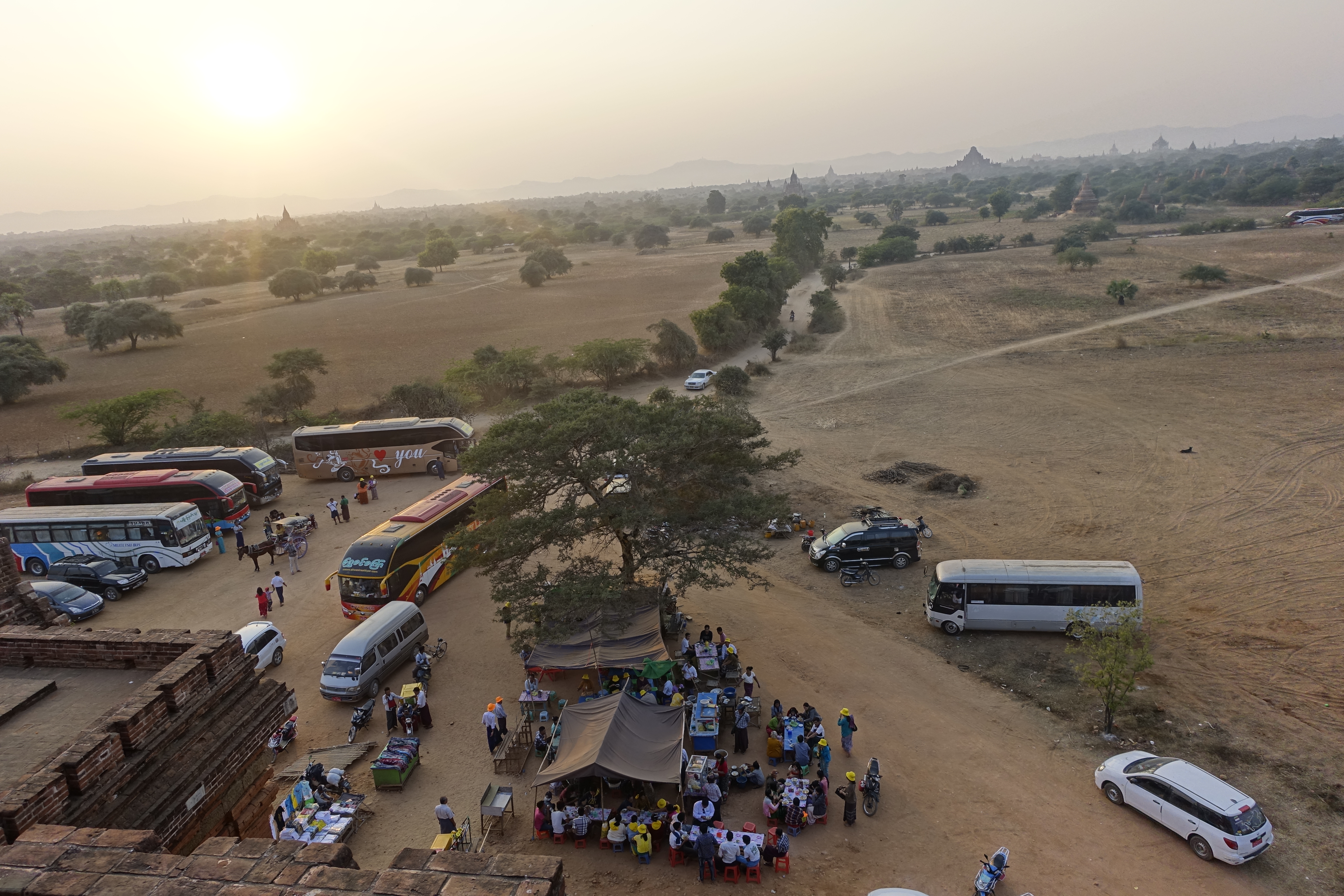When I was a speechwriter for the Permanent Mission of the Republic of Korea to the United Nations, from 2004 to 2008, Kang Kyung-hwa — Moon Jae-in’s appointee for Foreign Minister — impressed me before I was even hired.
I was interviewed for the job by a panel of five diplomats. At first I was asked the usual stuff: my background, how I heard about the job. Then the questions turned political, which probably shouldn’t have surprised me but did. “What do you think,” one of the men asked me, “about the United States response to 9/11 and the War on Terror?”
I gave what I thought was a diplomatic answer, saying that I appreciated South Korea’s participation in the Coalition of the Willing, and also that I had differences with the Bush administration, but that I didn’t want to criticize my government too strongly.
That’s when Kang Kyung-hwa spoke up. “But isn’t that the beauty of America?” she asked, smiling. “That you can criticize your government?”
The question cut through my bullshit. Somehow she invited criticism of the United States by praising it, and she made it clear that my evasions weren’t good enough. I responded, after maybe a bit more hedging, with something much closer to the truth.
I came to admire Kang for her strength, intelligence, and ability to cut through people’s preset defenses to get to what matters. During my years at the Mission, she had a significant role in the rapid passage of the Convention on the Rights of Persons with Disabilities, transformative global legislation that Koreans should be proud to have played a part in. Since then, she’s done human rights work at the United Nations.
Human Rights, in diplomacy terms, is considered a soft issue, along with social and cultural affairs. When I was at the Korean Mission, it was always women who had the soft-issue portfolios, while the men handled the so-called hard issues: defense, security. Foreign ministers usually come from the hard-issue side. In choosing Kang, Moon Jae-in is doing more than just selecting a woman. First, he’s selecting an extraordinary woman; second, he’s signalling that issues of human rights and culture will play a central role in his administration’s domestic and foreign affairs.
When I worked with her, Kang Kyung-hwa’s title was Minister. I hope that she’s confirmed quickly, taking on that title again in a much higher-ranking role.




 Last week was a hectic one here at the Permanent Mission of the Republic of Korea to the UN. A quiet lull, during which most of our staff seemed to be out at JFK to meet Foreign Minister Song Min-soon, gave way to an unusual burst of activity, as I spent the better part of a week going back and forth with the Minister’s team as we revised and refined his statement to the General Assembly, as well as his speech to the Council on Foreign Relations. At one point, I was even invited to a breakfast meeting at the Waldorf-Astoria.
Last week was a hectic one here at the Permanent Mission of the Republic of Korea to the UN. A quiet lull, during which most of our staff seemed to be out at JFK to meet Foreign Minister Song Min-soon, gave way to an unusual burst of activity, as I spent the better part of a week going back and forth with the Minister’s team as we revised and refined his statement to the General Assembly, as well as his speech to the Council on Foreign Relations. At one point, I was even invited to a breakfast meeting at the Waldorf-Astoria.
 Kurt Waldheim, former UN secretary-general, former president of Austria and former Nazi,
Kurt Waldheim, former UN secretary-general, former president of Austria and former Nazi,